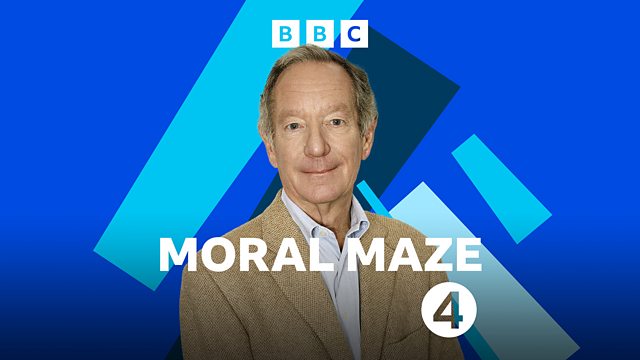Privacy
Combative, provocative and engaging debate chaired by Michael Buerk. With Giles Fraser, Michael Portillo, Anne McElvoy and Matthew Taylor.
For Donald Trump it was an 11 year old dusty tape that appeared from the archives. For Sam Allardyce it was a sting by undercover reporters. For the Olympic gymnast Louis Smith it was a video leaked on to the internet. All of them conversations they thought were private becoming embarrassingly public, with varying degrees of consequences. We all say things in private we wouldn't want made public, so what right to privacy should those in the public eye be entitled? Is it a simple case that we have a right to know if it tells us about the character of people who have power or who are asking us to trust them? If that's the case how do explain the myriad of examples from minor sporting celebrities to victims of stings by fake sheiks? Should we put them in the same category? We may think their views are unattractive, even offensive, but shouldn't they be allowed to express them in private, like the rest of us, with some confidence that they'll remain private? What right do we have to know? Would the world be a better place if we never said anything privately we wouldn't want made public? In our clamour to expose and condemn are we creating an unhealthy reality gap between what our leaders and politicians are allowed to say and what they actually think? Or has the digital age rightly blown apart the tight and elitist clubbable privacy that was once so much part of our society? Chaired by Michael Buerk with Anne McElvoy, Michael Portillo, Giles Fraser and Matthew Taylor. Witnesses are Prof Steven Barnett, Prof Josh Cohen, Paul Connew and Tom Chatfield.
Last on
More episodes
Broadcasts
- Wed 12 Oct 2016 20:00Βι¶ΉΤΌΕΔ Radio 4
- Sat 15 Oct 2016 22:15Βι¶ΉΤΌΕΔ Radio 4
Podcast
-
![]()
Moral Maze
Live debate examining the moral issues behind one of the week's news stories. #moralmaze



